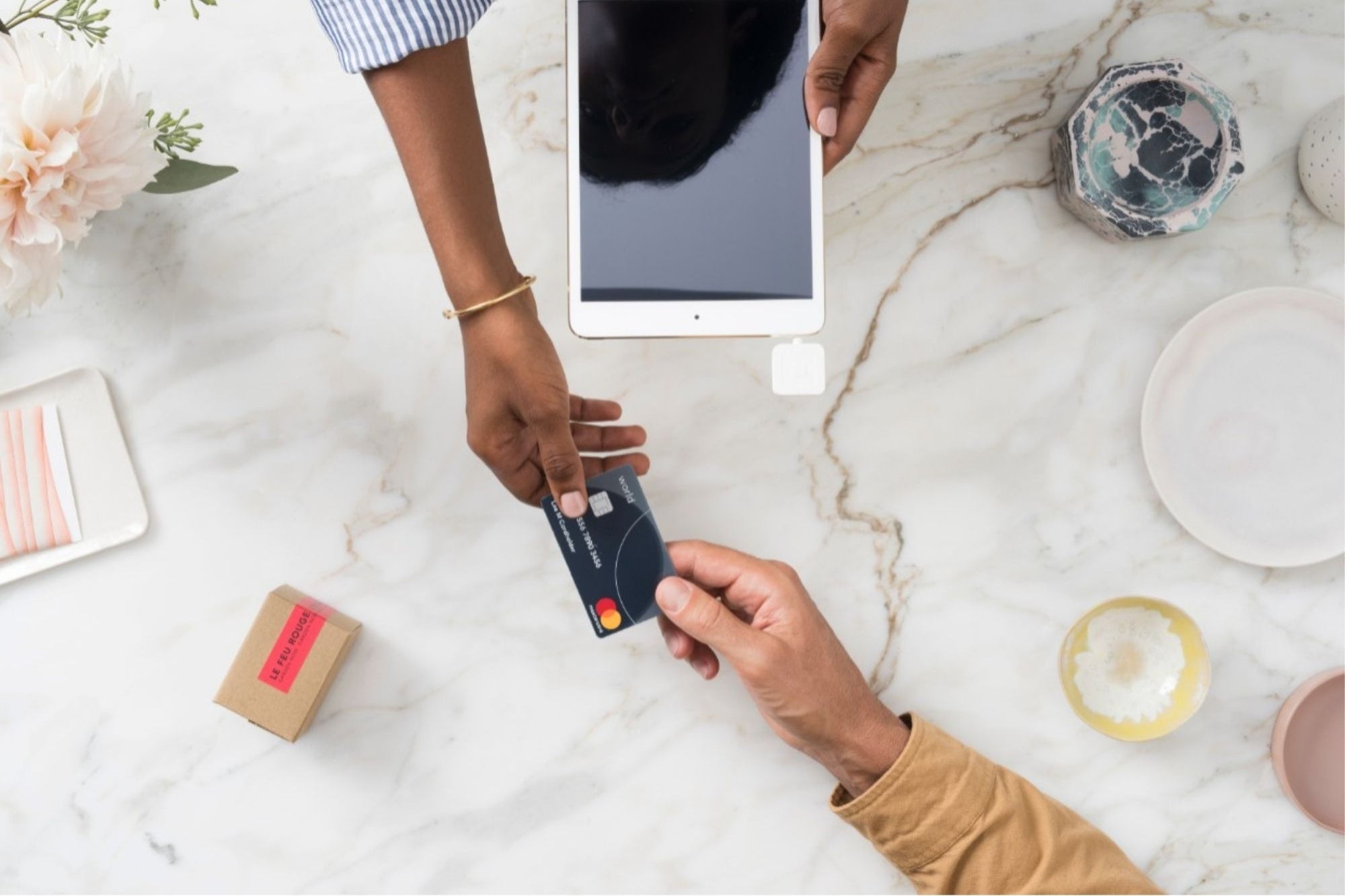The Power Of Technology To Enable Trade A look at how COVID-19 taught SMEs across the UAE that being well enabled in the digital space is essential.
By Girish Nanda •
Opinions expressed by Entrepreneur contributors are their own.
You're reading Entrepreneur Middle East, an international franchise of Entrepreneur Media.

The success stories of SMEs in the UAE, which make up 94% of all registered companies in the country, are a part of the nation's overall economic success. However, the restrictions of the COVID-19 crisis have challenged this growth.
As cash transactions melted away, the scramble to get online showed the power of technology as an enabler of trade. And so, to remain competitive, SMEs now know that being well enabled in the digital space is essential.
Those that made the transition effectively were able to quickly position themselves to benefit from mobile commerce (m-commerce), which is rapidly increasing within the overall digital shopping sector. Mobile checkout is crucial and it is no longer just about the web browser because m-commerce has expanded across almost all available devices and channels today. However, an associated reality is that the big merchants have significantly improved customer experience with card on file checkouts, and the use of high security solutions, like tokenization that has set new standards in the industry's ability to manage fraud related risks.
But in 2021, consumers want to be able to shop inside an app, and the fewer the clicks, the better. Research shows that the longer it takes to checkout, the more likely the customer is to abandon the shopping cart. This hits SMEs hard– not only is it a lost sale but the failure to purchase leaves the consumer less likely to return to the merchant itself.
At Mastercard, we are helping SMEs give their customers a convenient yet secure checkout experience to reduce cart abandonment and increase sales conversions.
The solution to getting through the checkout with minimal friction has come through collaborations and partnerships between financial services providers, and Mastercard's Click to Pay technology is an innovative example of just what can be achieved. Click to Pay, a one-click checkout solution, completely removes the need for a consumer to repetitively add their card details when they visit new websites or e-commerce platforms that offer Click to Pay. More importantly, SMEs can use it for m-commerce transactions. One notable advantage of Click to Pay is that the user can conveniently pay with the same credentials from multiple devices while using different operating systems.
It's also secure thanks to the one-time-password (OTP) solution. The customers no longer needs to enter their card details, name, and address – instead, they log in to their Click to Pay account and receive an SMS with an OTP to process and validate the transaction. For SMEs, this is invaluable, particularly those that trade through platforms like Amazon that often have a high proportion of abandoned carts. However, it is still very essential to help SMEs understand how to secure a frictionless m-commerce experience for their customers and to be ready for constant change as the digital e-commerce ecosystem evolves.
In the UAE, there are ongoing efforts to ensure that no small business gets left behind in the shift towards a digital economy. The government is determined to enable the aspirations of business owners by introducing regulations that cultivate a culture of entrepreneurship and by equipping them with the tools and infrastructure to easily conduct their business in a digital-first ecosystem.
Related: Five Trends Fueling The MENA's E-Commerce Boom
The Dubai Chamber of Commerce launched Business Connect in April 2020 as a platform designed to help businesses in Dubai overcome the economic repercussions of the spread of the virus with news, financial and educational resources, and economic viewpoints related to the existing challenges and ways to confront them.
Government initiatives like these are complemented by private sector solutions to set SMEs up for success. For example, Mastercard's "SME-in-a-Box' solution was created to help small business owners and micro-merchants expand their customer base through digital platforms. It gives SMEs tools that can be accessed through smartphones which ensure that businesses can move online with ease and simplicity.
This ease is precisely what is needed as entrepreneurs look to grow in 2021 and beyond. In light of the pandemic, consumers are even more attuned to the digital commerce environment. The ease with which products can be browsed and the safety and security with which people can interact across different platforms, allows them to find the most competitive offers. So, when that deal is found, the checkout experience needs to be easy, fast and -above all else- secure.
This latter requirement is even more crucial now since cybercrime has become increasingly complex. SMEs and entrepreneurs who are new to e-commerce must understand the risks and what they look like. In partnership with the Global Cyber Alliance, Mastercard offers a free online toolkit to advise and guide small businesses by deploying its advanced patented tokenization technology that keeps transactions secure.
With this peace of mind and a highly enjoyable customer journey, SMEs that have navigated the new post-COVID-19 world of digital commerce can look forward to reaping the rewards as our economies eventually start growing again.
Related: The Importance Of Digitalization For SMEs In The UAE













